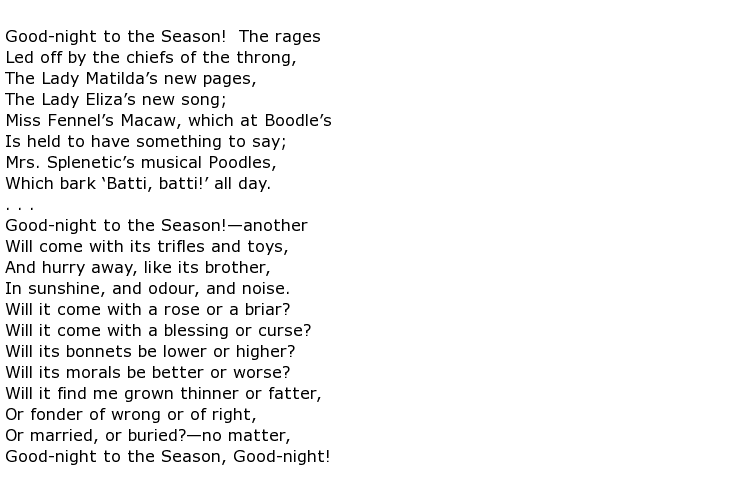 Winthrop Mackworth Praed was a 19th century English poet and politician whose life was tragically cut short by tuberculosis.
Winthrop Mackworth Praed was a 19th century English poet and politician whose life was tragically cut short by tuberculosis.
He was born on the 28th July 1802 in London and he owed his unusual surname to a great grandfather’s marriage into a Cornish family. His father held the centuries old title of serjeant-at-law, meaning that he was a highly respected barrister. Young Winthrop began his writing career at the prestigious Eton College which he attended from the age of 12. He was responsible for a monthly school newspaper called Apis matina, which later evolved into the Etonian. This was a joint venture with his friend Walter Blount, a boy who would go on to occupy a royally appointed post known as officer of arms. Other collaborators on the paper included William Sidney Walker and Henry Nelson Coleridge, both of whom became well-known figures in the literary world.
Praed went on to study at Trinity College, Cambridge where his keen interest in poetry won him a number of awards for Greek and English verse. He also developed great skills as an orator while still a student and thus it seemed inevitable that he would go on to become a public figure at some point. His political leanings were towards the Whig party.
Before that though he undertook a study of the law, being called to the bar at the Middle Temple in 1829. There followed a period of law practice on the Norfolk circuit but, by the end of December 1830, he began a career as a parliamentarian when he was elected as member for a rotten borough in Cornwall called St Germans. Later he served the constituencies of Aylesbury and Great Yarmouth though only for a short time.
He was writing and publishing poetry at the same time and, in 1833, a collection of poems appeared under the title Trash. A critic named Humphrey Ward said that Praed was a writer with “sparkling wit” and with a style displaying:

There was humour in his writing which was much imitated and:

were evident.
The majority of his poems had a light, humorous touch and he delighted in talking about such events as the London social “season”. Here is his poem called “Good Night to the Season”, which was written in 1827:

On a similar theme were

He also delighted in poking fun at the foibles and quirkiness of some politicians.
A good example of that was

The famous poet W H Auden said of Praed that his

A great deal of his work was published and edited posthumously, thus ensuring that his name was secured in English literary history. Another legacy is that the “Praed Society” is still in existence at Eton College. Members meet at a master’s house to discuss all aspects of literature.
Winthrop Mackworth Praed caught tuberculosis and died at Chester Square, London on the 15th July 1839 at the tragically young age of 36. This potentially great poet and politician left behind his wife Helen; they had barely enjoyed four years of marriage.

